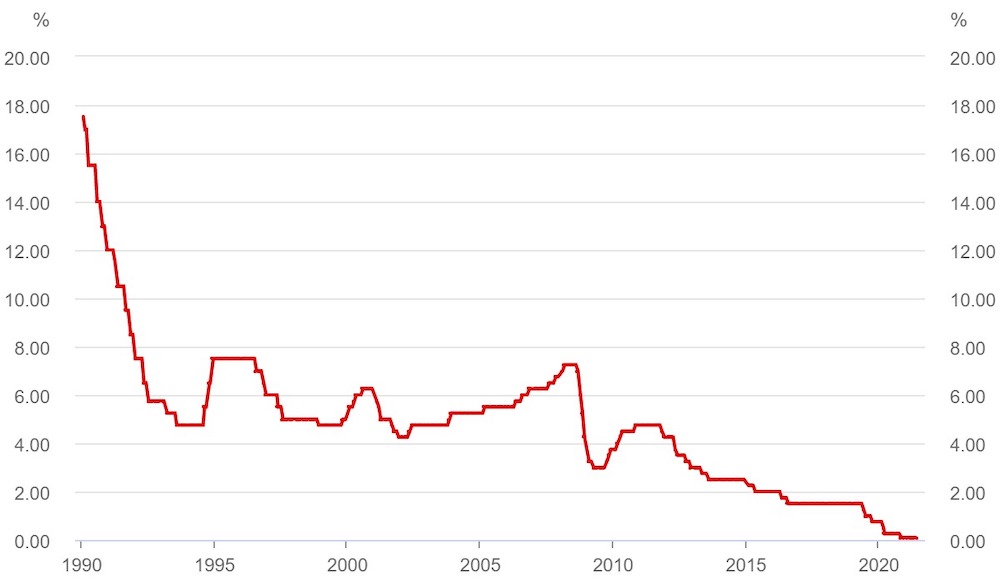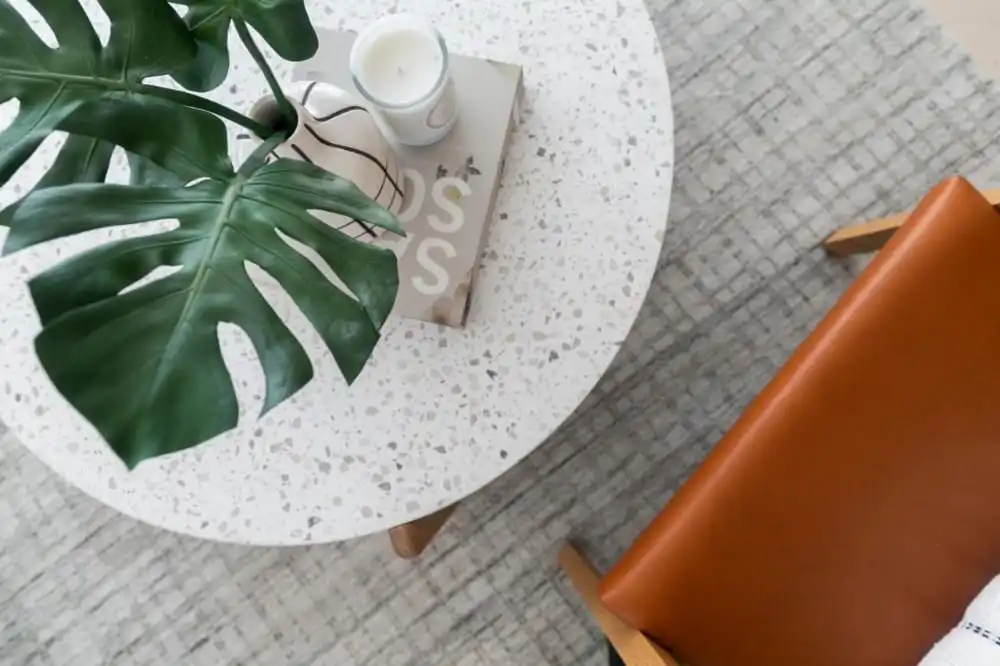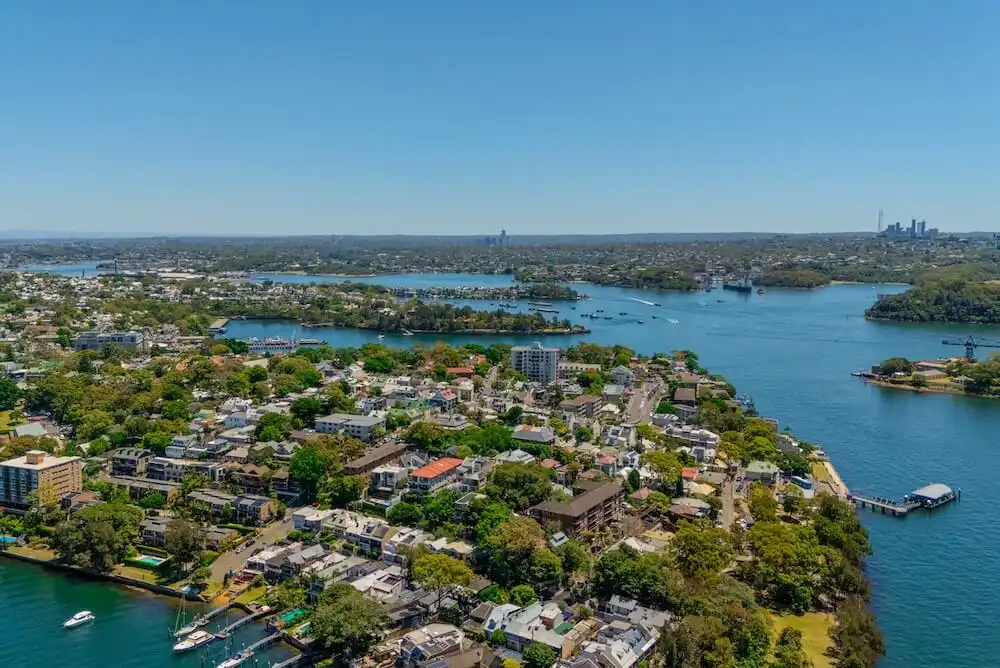Inflation and property - will interest rate hikes kill the market?
Interest rates and inflation have been a hot topic for some time now, particularly when it comes to Australian real estate.
If interest rates begin to rise in the next 12 months, could that put an end to this growth cycle? And just how likely are they to rise anyway?
We spoke with Pete Wargent, co-founder of BuyersBuyers and commentator on Australia's economy and property market, to find out what's in store.
How does inflation affect the property market?
Essentially, high inflation over a sustained period will push central banks to increase interest rates in an effort to keep inflation down within a sustainable target range.
Rising interest rates mean higher home loan repayments. If mortgages become more expensive, that typically slows property price growth.
Mr Wargent explains that inflation has been particularly low for the past six or seven years. As a result, "we've seen interest rates falling, which tends to be a positive for the housing market because people are more comfortable in terms of borrowing," he says.
"They find the repayments easier, and more people tend to look at property as an investment when interest rates are falling."
Conversely, when interest rates rise, that has a dampening effect on the property market.
The last time the Reserve Bank of Australia raised the cash rate was back in 2010 when it was 4.75 per cent.
2010 cashrate | Current cash rate |
|---|---|
4.75% | 0.10% |

Since then it's only fallen and, since the pandemic started, it's been cut back to its lowest level in history, 0.1 per cent. That's been a major factor in stimulating the 2021 property boom as buyers capitalise on record low home loan rates.
It looks like that's all about to change, though.
Will interest rates rise in 2022?
Inflation is currently a widespread global issue, with the cost of many goods and services rising significantly as supply chains struggle to keep up with demand during the pandemic.
In Australia, the RBA's target range for inflation is 2 to 3 per cent. The latest figures show inflation has now reached 3.5 per cent—the biggest jump since 2014—and as a result, it's being widely tipped that interest rates will begin to rise.
Westpac has forecast that the cash rate will be increased to 0.25 per cent in August, with a following bump to 0.5 per cent due in October.
By early 2024, the bank expects a peak rate of 1.75 per cent. For somebody with a $500,000 mortgage, that would increase their repayments by $427 per month.
Other predictions suggest that the cash rate could reach as high as 3 or 4 per cent, but Mr Wargent says it all needs to be taken with a grain of salt.
"Despite what people try and claim, it is impossible to try to predict," he explains.
"There are a lot of variables around. All the different things that feed into inflation like rent, the cost of food and all sorts of stuff… you can't really predict it.
"Towards the end of 2022 might be a realistic timeframe for the first hike. My gut feeling is that we won't get a cash rate of above 1 per cent any time soon, because four hikes in the cash rate are going to have a dampening in confidence, consumer sentiment, the housing market, construction, and so on."
What would interest rate hikes mean for sellers and buyers?
On the one hand, Mr Wargent points out that it's important to remember that, even if interest rates rise above 1 per cent, we're still dealing with one of the lowest rate environments in history.
He also adds that "in terms of the housing market, most new borrowers are assessed to a 3 per cent buffer, so I don't think people are going to get into financial stress as a result of rising interest rates—except for those who are very heavily indebted."
However, it would still have an impact on confidence in the market, which is likely to put the brakes on growth.
"When people think interest rates are going to fall, they figure that's a good time to get in. But when they're worried about interest rates rising, it just makes people pause for thought before making a purchase.
"I don't think the cash rate going from 0 to 1 per cent is going to have a catastrophic impact, but it would certainly have a dampening impact on confidence."
In terms of current market conditions, Mr Wargent notes that housing stock levels are still relatively low, so for now it's still a good time for sellers.
"Open homes this year have been busy so there are people out there looking to buy and there are things that could happen later in the year that could change the sentiment. There's an upcoming election, interest rates could go up a couple of times," he says.
"So if you're looking to sell, doing it sooner rather than later would be my thinking, because sentiment is currently buoyant and there are plenty of buyers around, which is not always the case."







